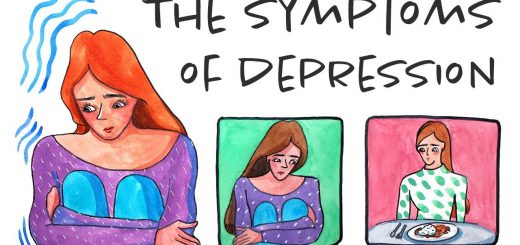Treating Teen Insomnia Could Prevent Mental Illness
 It is usually assumed that disturbed sleep is a symptom of depression. But health-care professionals are starting to think that maybe that idea is putting the cart before the horse, especially with adolescents. For example, a study of more than 350 middle- and high-school students found that sleep irregularities may actually happen before mental health problems.
It is usually assumed that disturbed sleep is a symptom of depression. But health-care professionals are starting to think that maybe that idea is putting the cart before the horse, especially with adolescents. For example, a study of more than 350 middle- and high-school students found that sleep irregularities may actually happen before mental health problems.
The study indicated that teens with insomnia were more likely to have depression, generalized anxiety disorder, and panic disorder—and that early treatment of insomnia might have prevented the onset of depression in almost half of the cases.
When adolescents experience disturbed sleep, it usually occurs in the following ways:
- Non-restorative sleep, in which teens wake up feeling tired
- Difficulty falling asleep easily
- Waking in the middle of the night and having trouble falling back to sleep
- Early morning awakening
So teens who have these sleep problems ought to visit their primary care physicians for evaluation and treatment so that the insomnia doesn’t morph into mental health problems. Research has also shown that treating insomnia reduces risk of suicide.
Adolescents need nine hours of sleep—more than the eight hours adults need—and they usually go to sleep later and wake up later than adults. Early-morning school starting times can really disturb adolescents’ sleep.
One of the most important things to do if you’re having insomnia is to avoid looking into backlit screens, including computers and phones, for at least two hours before you want to go to sleep. The blue light from the backlit screens convinces our brains that it’s still daytime. So if you use Netflix or YouTube to try to fall asleep, it might be making the problem worse.
How well do you sleep? What are your sleep patterns? How do you sleep differently during summer vacation as opposed to the school year? What do you do to adjust to those changes? Share with us in the comments!




Recent Comments